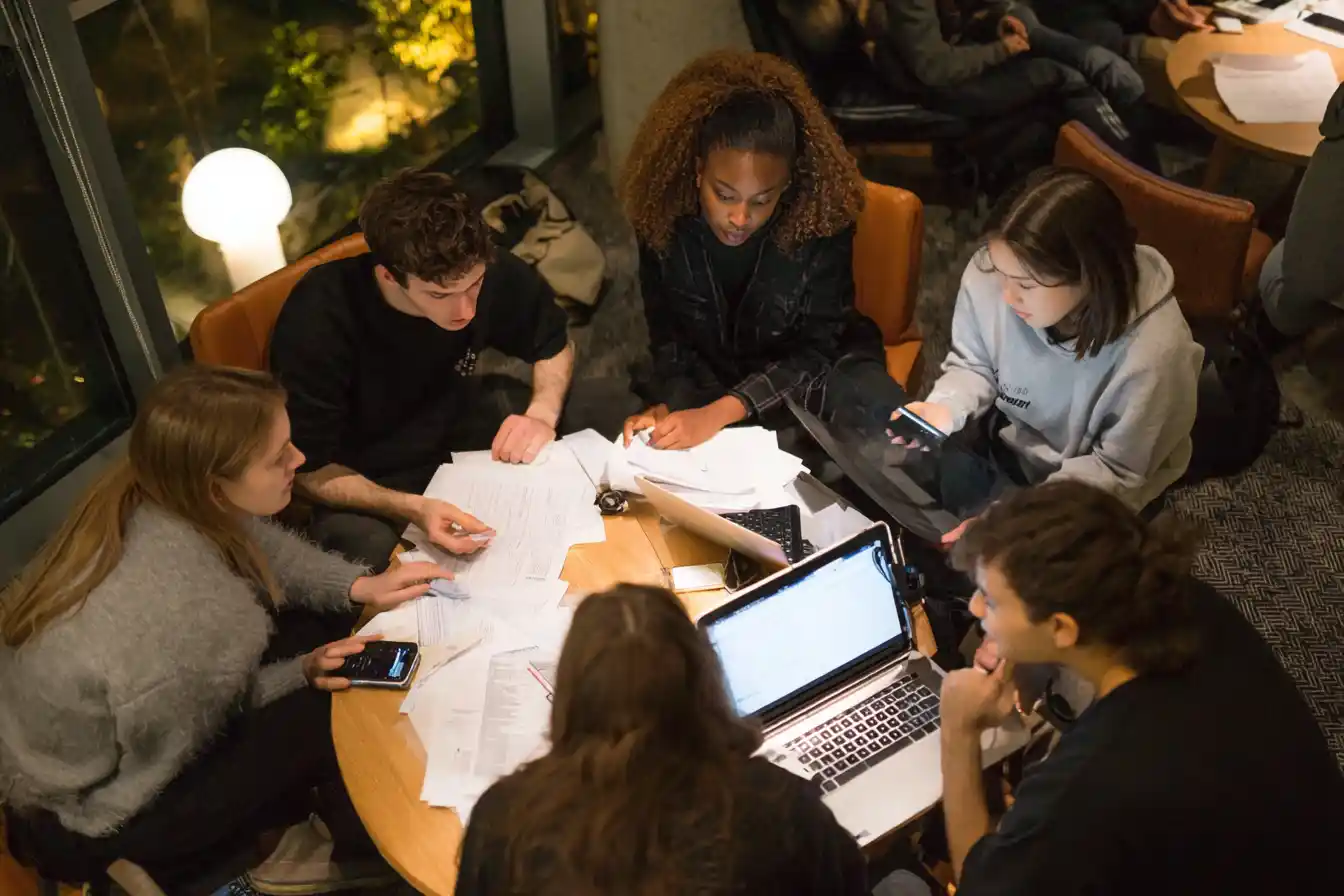Life as an international postgraduate: Beyond tuition and classes
Being an international student is an adventure – one that goes far beyond academics. From finding safe, affordable international student housing to figuring out how to open a U.S. bank account, every detail matters.
- Housing challenges: In many U.S. cities, rent can eat up half of your budget. Dorms, shared apartments or homestays each have pros and cons – think beyond price to consider commuting, safety and community.
- Banking and money management: A U.S. bank account isn’t just convenient – it’s often essential for paying rent, setting up utilities and avoiding international transfer fees. Some banks have accounts designed for international students with no minimum balance or special perks.
- Building community: Finding friends and community can be as important as your coursework. Many universities have vibrant groups for international students, making it easier to share experiences, find housing leads or even borrow a winter coat on your first snowy day.
Understanding these elements helps you stay focused on why you’re really studying abroad in the United States: earning your degree and launching a global career.


